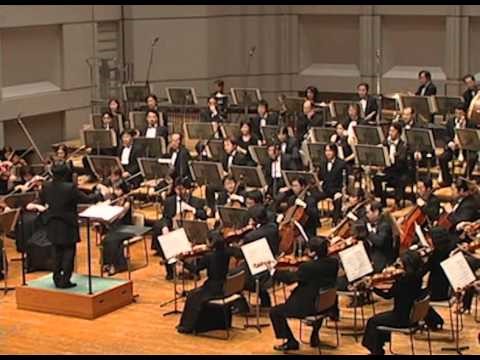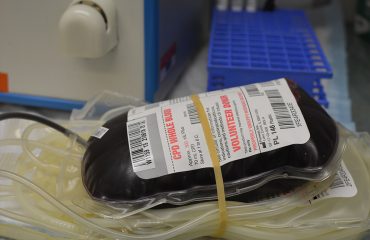A number of studies tout classical music as beneficial to our well-being. Listening benefits the brain, improves sleep patterns, enhances the immune system and reduces stress levels — all helpful when dealing with life situations that can range from work and family to school and financial pressures.
In the journal, Learning and Individual Differences, French university researchers studied 249 students and found that those students who listened to a one-hour lecture where classical music was played in the background scored significantly higher on a quiz when compared to a control group of students who heard the lecture without music. The researchers also suggest that music puts students in a “heightened emotional state” making them more receptive to information. This receptivity can lead to better concentration and performance. However, Dr. Legato cautions that “background music while trying to concentrate on listening to a lecture can actually be a distraction; it’s obviously different for different people, but background noise that at least intermittently commands attention can distract from focusing on an important task.”
Research from the Duke Cancer Institute, affirms that classical music can also lessen anxiety. They gave men (undergoing a stressful prostrate biopsy) headphones playing Bach concertos and found they had no increase in diastolic blood pressure during the procedure and reported significantly less pain. Those who hadn’t been exposed to music had elevated diastolic pressure after the procedure.
A little Yo-Yo Ma may lessen your blood pressure but not if he’s playing The 1812 Overture. What you listen to will make a difference, claim University of San Diego researchers, who compared changes in blood pressure among individuals listening to classical, jazz or pop music. They found that classical music reduced blood pressure more often than any other genre. So choose your music carefully–booming orchestral pieces just don’t compare to gentler piano concertos or graceful guitar suites.
Oxford University researchers found that some compositions which match the rhythm of the body could be used to control the heart. Research presented to the British Cardiovascular Society (BCS) found that “listening to music with a repeated 10-second rhythm coincided with a fall in blood pressure, reducing the heart rate.” Va Pensiero by Italian composer Giuseppe Verdi, Nessun Dorma by Giacomo Puccini and Symphony No. 9 Adagio by Beethoven—all proved to be very effective.
In New York City, there’s always WQXR radio to listen to but here are just a few classical and jazz music selections I recommend that you can find on Youtube. They either calm me down, wake me up, put a smile on my face or have me dancing around the room. Take your pick and enjoy!
To relax:
- Canon in D by Johann Pachelbel—performed by the London Symphony Orchestra
- Asturias by Isaac Albéniz performed by Ana Vidovic
- One Minute Waltz by Frederic Chopin performed by Daniel Barenboim
To energize:
- Marche Militaire by Franz Schubert performed by Vladimir Horowitz
- Libertango by Astor Piazzolla performed by Katica Illenyi, Ferenc Illenyi, Czaba Illenyi & Aniko Illenyi
- Minor Swing composed and performed by Django Reinhardt & Stephane Grappelli
Maurice Ravel and Aaron Copeland both embody my own feelings about music. Ravel said, “Music, I feel, must be emotional first and intellectual second.” But perhaps Aaron Copeland said it best, “As long as the human spirit thrives on this planet, music in some living form will accompany and sustain it and give it expressive meaning.”
In short, music is healthy and healing; like food it sustains us. Who knows—maybe it’s even part of our DNA?!
So dear readers, what soothes your soul? Send us your music selections!
Strategic Communications Professional/Content Strategist/Marketing Communications Consultant





